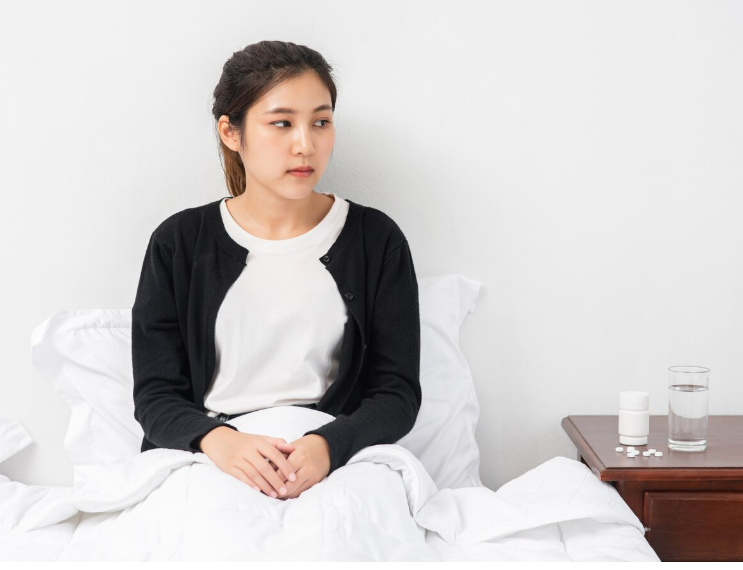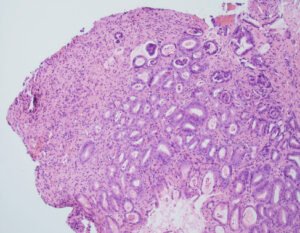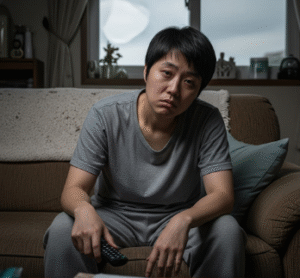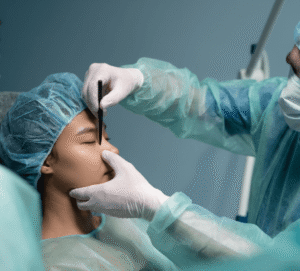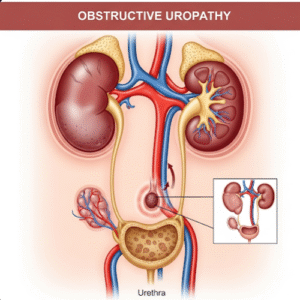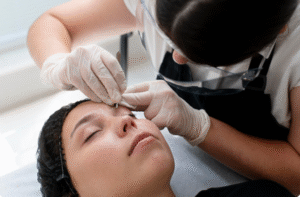Overview
Cystitis is inflammation of the bladder, most commonly caused by a bacterial infection. It is a type of urinary tract infection (UTI) and can affect people of all ages. While usually not life-threatening, untreated cystitis can lead to more serious kidney infections. South Korea offers advanced diagnostic tools and effective treatment options for cystitis, ensuring prompt relief and prevention of complications.
What is Cystitis?
Cystitis occurs when the bladder lining becomes inflamed, often due to bacteria entering the urinary tract. The most common pathogen is Escherichia coli (E. coli). Non-infectious causes can include chemical irritants, radiation therapy, or certain medications. Women are more frequently affected due to their shorter urethra.
Symptoms
Common signs of cystitis include:
- Frequent urination
- Urgent need to urinate
- Pain or burning sensation while urinating (dysuria)
- Cloudy or strong-smelling urine
- Lower abdominal or pelvic discomfort
- Blood in the urine (hematuria) in some cases
- Mild fever (usually absent in uncomplicated cystitis)
Causes
- Bacterial infection (most commonly E. coli)
- Catheter use or urinary instrumentation
- Poor personal hygiene
- Sexual activity
- Structural abnormalities in the urinary tract
- Certain medications or chemical irritants
Risk Factors
- Female gender (shorter urethra increases susceptibility)
- Sexual activity
- Pregnancy
- Diabetes or weakened immune system
- Urinary catheterization
- History of recurrent UTIs
Complications
- Recurrent cystitis
- Kidney infection (pyelonephritis) if untreated
- Blood in urine due to bladder irritation
- Rarely, sepsis in severe infections
Prevention
- Maintain proper hydration to flush bacteria from the bladder
- Urinate regularly and avoid holding urine for long periods
- Practice good hygiene
- Urinate after sexual activity
- Avoid irritating feminine products
- Manage underlying conditions like diabetes
Treatment Options in Korea
South Korea provides state-of-the-art diagnostics and treatment for cystitis:
- Diagnosis
- Urinalysis: Detects white blood cells, red blood cells, and bacteria
- Urine culture: Identifies specific bacteria and guides antibiotic selection
- Ultrasound or CT scan in complicated or recurrent cases
- Medication
- Antibiotics: First-line treatment for bacterial cystitis (e.g., nitrofurantoin, trimethoprim-sulfamethoxazole)
- Pain relief: Analgesics or urinary tract antispasmodics for discomfort
- Follow-up tests to confirm infection clearance
- Lifestyle & Supportive Care
- Increase fluid intake
- Avoid irritants such as caffeine, alcohol, or spicy foods
- Cranberry products may help reduce recurrence in some cases
- Specialized Care
- Recurrent or complicated cystitis may require consultation with urologists or nephrologists
- Hospitals such as Severance Hospital, Samsung Medical Center, and Asan Medical Center offer comprehensive urology services

